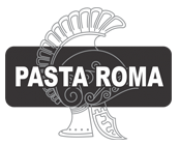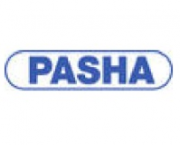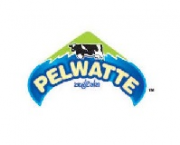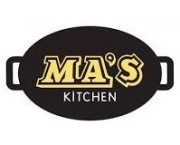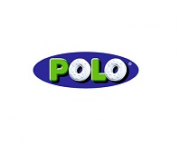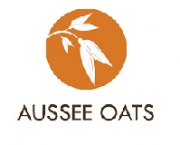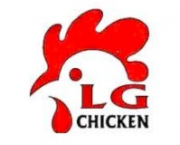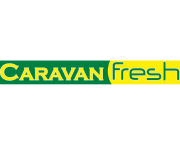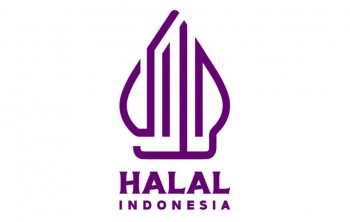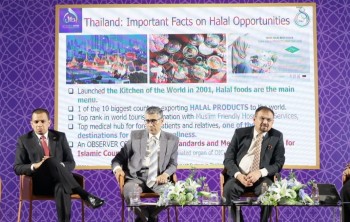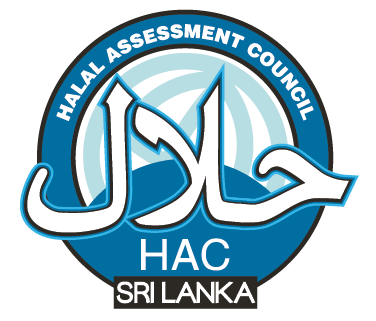
Welcome to Halal Assessment Council
The Halal Assessment Council (Guarantee) Limited, or HAC, is the only entity certifying and conducting professional and internationally accepted compliance audits for Halal standards in Sri Lanka.
Incorporated under the Companies’ Act No. 7 of 2007, the HAC was founded by some of Sri Lanka’s most respected captains of industry and professionals from diverse areas of specialization with the objective of fulfilling the need to issue certification on and subsequently monitor the compliance of international standards of Halal compliance for its clients.
How does HAC Certification Work

Submission of letter of intent
Submission of an official letter of intent by the prospective applicant for Halal Certification

Verification of the Raw materials used
Verification of the Raw Materials used in the manufacturing of the product.

Ensure traceability
Ensuring traceability of the product and its Raw materials through a stringent audit process of a manufactures supply chain.

Continuous monitoring
Monitoring of the Halal certified manufacturing premise & its products via surveillance audits and testing’s conducted by technical experts.
HAC Halal Index Now at Your Fingertips!
We have developed a free mobile app which allows consumers and industrial users to quickly validate halal certified brands and products, find useful information specific to products, brands, and restaurants and keep up to date with the latest news.





